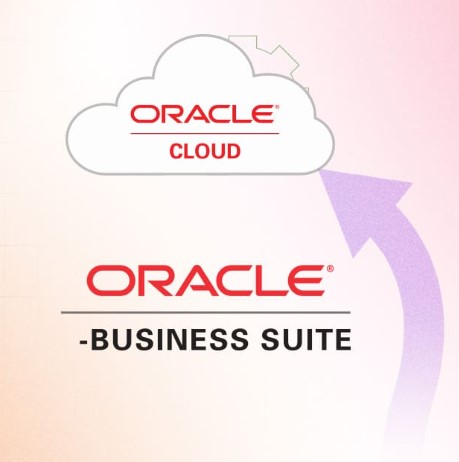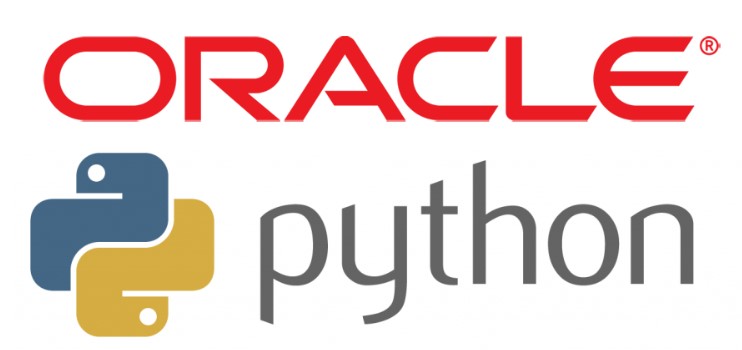Reading Time: ~8 minutes
In today’s rapidly changing business environment, efficiency is paramount. Companies are constantly looking for innovative ways to streamline operations and improve profitability. One of the most significant advancements in recent years has been the integration of Artificial Intelligence (AI) with Enterprise Resource Planning (ERP) systems, particularly in the field of supply chain management. In 2025, AI-powered ERP systems are poised to revolutionize how businesses manage their supply chains, offering real-time insights, automating key processes, and unlocking greater operational efficiency.
In this article, we will explore how AI is transforming supply chain management through ERP systems, the benefits it offers, and how business owners and IT professionals can leverage AI to optimize their supply chains.
What Is AI in ERP for Supply Chain Management?
AI in ERP refers to the integration of advanced AI technologies like machine learning, predictive analytics, and automation into traditional ERP systems. These AI tools enable businesses to manage their supply chains more effectively by providing real-time data, automating processes, and improving decision-making.
In supply chain management, AI helps companies anticipate demand, optimize inventory, and streamline logistics. By automating repetitive tasks and providing insights that would be difficult or time-consuming for humans to uncover, AI-powered ERP systems make the supply chain more agile, efficient, and responsive.
How AI Enhances Supply Chain Management in ERP Systems
AI has a profound impact on various aspects of supply chain management. Here’s how it enhances key areas of ERP systems and unlocks efficiency for businesses.
1. Demand Forecasting and Inventory Management
AI-powered ERP systems can predict demand more accurately by analyzing historical sales data, seasonal trends, and market conditions. Machine learning algorithms process vast amounts of data to identify patterns and generate forecasts, allowing businesses to:
- Adjust production schedules based on anticipated demand.
- Avoid stockouts by ensuring inventory levels are aligned with demand.
- Minimize overstocking and reduce excess inventory costs.
This predictive capability helps businesses stay ahead of demand fluctuations and ensures that supply chains remain responsive to customer needs.
2. Optimizing Procurement and Supplier Relationships
AI in ERP systems can streamline procurement processes by automatically generating purchase orders, negotiating prices with suppliers, and tracking supplier performance. By analyzing historical data and supplier behavior, AI can recommend optimal suppliers and negotiate the best terms for purchasing.
Additionally, AI-powered ERP systems can assess supplier risks, monitor delivery times, and flag any potential issues in real-time. This allows businesses to maintain strong, reliable relationships with their suppliers and avoid delays that could disrupt the supply chain.
3. Streamlining Logistics and Shipping
Logistics and shipping are critical components of supply chain management, and AI can optimize these processes in several ways. AI algorithms analyze data from transportation management systems (TMS), weather reports, and traffic patterns to create the most efficient routes for delivery.
With AI-powered ERP systems, businesses can:
- Predict delivery times with greater accuracy.
- Optimize routes to minimize fuel costs and reduce environmental impact.
- Automatically schedule shipments based on real-time demand and inventory levels.
This helps businesses lower logistics costs, improve delivery accuracy, and enhance overall customer satisfaction.
4. Real-Time Supply Chain Visibility
AI provides real-time insights into every aspect of the supply chain. By integrating data from various sources, including suppliers, transportation carriers, and warehouses, AI-powered ERP systems offer end-to-end visibility into the supply chain. This allows businesses to:
- Track inventory levels across multiple locations in real-time.
- Monitor the status of orders and shipments.
- Respond to disruptions, such as delays or stockouts, as they happen.
Real-time visibility empowers businesses to make informed decisions quickly, ensuring that operations continue smoothly even when faced with unexpected challenges.
5. Risk Management and Problem Resolution
AI in ERP systems helps businesses proactively manage risks in their supply chains. Machine learning models can analyze historical data to identify potential risks, such as supply chain disruptions, delays, or quality issues. When an issue arises, AI can automatically recommend solutions or trigger alerts for human intervention.
For example, if a supplier is unable to fulfill an order on time, AI can quickly identify alternative suppliers or production schedules to minimize the impact. By automating risk management processes, AI reduces the likelihood of costly disruptions and ensures that supply chains remain resilient.
The Benefits of AI in ERP for Supply Chain Management
Integrating AI into ERP systems for supply chain management offers a range of benefits for businesses, from small startups to large enterprises. Here are some of the key advantages:
1. Increased Efficiency
AI-powered ERP systems automate many time-consuming and repetitive tasks, such as demand forecasting, procurement, and inventory management. This frees up valuable time for employees to focus on higher-value tasks, leading to increased overall efficiency.
2. Cost Savings
By optimizing inventory levels, reducing stockouts, and improving procurement processes, AI helps businesses reduce costs. AI also minimizes waste, both in terms of overstocking and understocking, which can result in significant savings in the long run.
3. Improved Customer Satisfaction
AI enhances the accuracy of order fulfillment and delivery times, ensuring that customers receive their products when promised. With AI-powered ERP systems, businesses can provide better service, leading to higher customer satisfaction and loyalty.
4. Agility and Flexibility
The ability to respond to changes in demand, disruptions, or market trends in real-time gives businesses greater flexibility. AI-powered ERP systems enable companies to adjust their supply chains quickly, ensuring they stay competitive and can meet customer expectations.
5. Data-Driven Insights
AI’s ability to process and analyze large datasets provides businesses with valuable insights into their supply chain operations. These insights help decision-makers identify inefficiencies, uncover opportunities for improvement, and optimize workflows for maximum performance.
How to Implement AI in Your ERP System
While integrating AI into an ERP system may seem like a complex task, the process can be streamlined with the right approach. Here’s how you can implement AI in your supply chain management workflows:
1. Choose the Right ERP Platform
Not all ERP systems come with AI capabilities out of the box. When selecting an ERP system, look for one that offers AI tools for supply chain management. Popular platforms like Oracle Cloud ERP, SAP S/4HANA, and Microsoft Dynamics 365 offer built-in AI features designed to optimize supply chain workflows.
2. Integrate AI with Your Existing Data Sources
For AI to be effective, it requires high-quality data. Integrate your ERP system with data sources across your supply chain, including inventory management, procurement, and logistics. The more data your system can analyze, the more accurate the predictions and optimizations will be.
3. Start with Key Use Cases
Implement AI in high-impact areas first, such as demand forecasting or supplier management. Once you see positive results, gradually expand AI capabilities to other parts of your supply chain, such as inventory management and logistics optimization.
4. Train Your Team
AI may require new workflows and processes, so ensure your team is trained to work with AI tools. Provide training on how to interpret AI-generated insights and make data-driven decisions.
Final Thoughts
AI is transforming supply chain management by unlocking new levels of efficiency, cost savings, and flexibility. By integrating AI into ERP systems, businesses can automate key workflows, gain real-time insights, and improve decision-making. For small businesses looking to stay competitive in 2025, leveraging AI in ERP is no longer just an option—it’s a necessity.
As you consider upgrading your ERP system, explore AI-powered solutions that can help optimize your supply chain and drive business growth. Don’t let outdated processes hold you back—embrace AI to unlock new efficiencies today.



